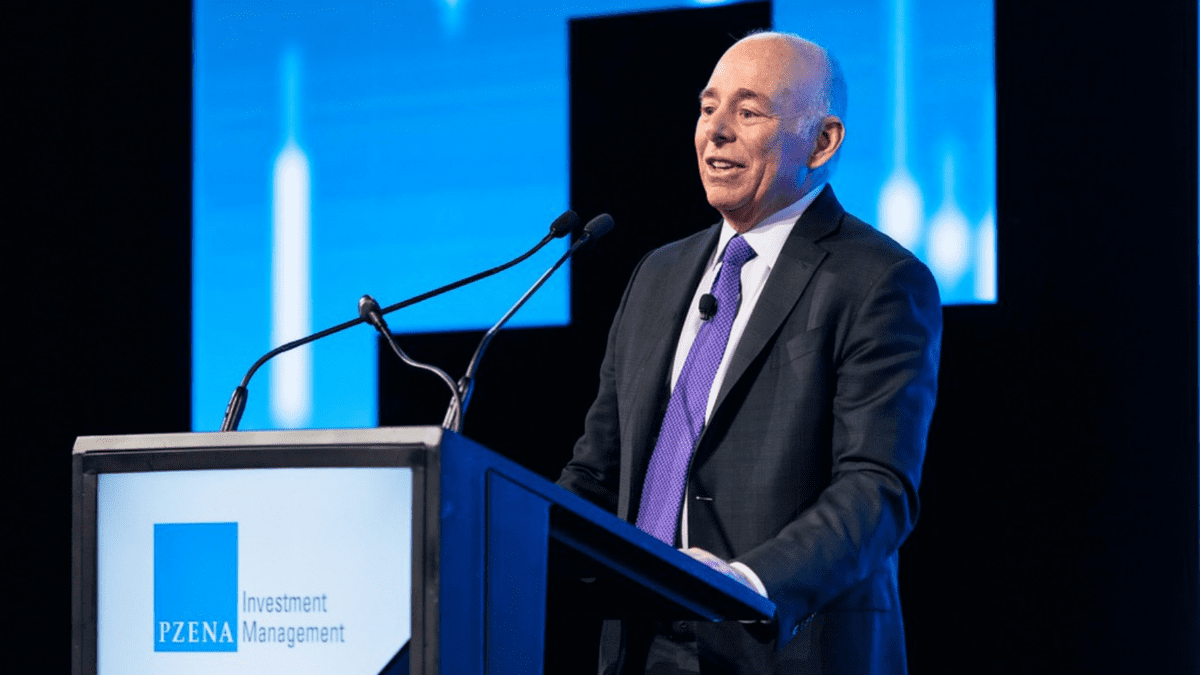Volatility supports ‘reshaping’ of Magellan’s global strategy
Magellan Financial Group (ASX:MFG) has remained in the headlines on a near daily basis, with continued uncertainty around the return of CIO and Founder Hamish Douglass. With outflows in recent months exceeding $20 billion, which is more than most fund managers in Australia hope to manage, naturally the attention has been heavily focused on the short-term performance of the strategy.
The core Magellan Global Fund has always focused on holding ‘core’ or ‘quality’ names with persistence earnings and strong businesses, but it was a difficult quarter for even the world’s largest companies. Each of Starbucks, Meta Platforms and Netflix suffered a significant selloff during the quarter, by more than 20 per cent each; 30 per cent for the latter in fact.
Naturally, the fund’s underperformance continued, falling 12.4 per cent during the quarter and 2.8 per cent in March, compared to 8.2 and 0.7 per cent falls respectively. Commenting on the performance, the group highlighted that the “quarter was characterised by outsized share price responses” but remain focused on the long-term.
One of the less appreciated comments in the latest quarterly, was the fact that a significant amount of change appears to be occurring in the portfolio. With the new Portfolio Managers and CIO clearly being able to ‘get their feet under the desk’ a number of underperforming positions have been removed, as the fund pivots to a new, more persistent inflation environment.
Among those removed was one of the longest standing holdings and what may have been the biggest contributor to the fund’s underperformance, Chinese e-commerce giant Alibaba. Their managers highlighted concerns that “government policies such as covid-zero and regulatory crackdowns are likely to weigh on growth” with the US the best-positioned region for growth. The result is that the fund now holds no locally domiciled Chinese businesses.
The preference for US-centric businesses in what is an increasingly divergent world where Magellan predicts lower than average returns from equity markets, was the first of their new ‘thematic’ changes, with the group adding to their holdings in Visa and Mastercard, while buying into Diageo as a result.
The second ‘thematic’ was a reassessment of interest rate risk in light of the uber-aggressive policies now being implemented in the UK, US, Canada and even New Zealand. The group has responded by trimming exposure to a number of utilities and infrastructure businesses, whilst entering positions in banking and insurance groups US Bancorp and Lloyds “as their earnings benefit from increased interest rates”.
Finally, was the ‘reshaping’ of their defensive holdings and a ‘desired to increase the diversity of businesses in an environment of slowing growth’ likely in response to the growing risks of a high conviction approach. The result was the addition of hospital owner HCA Healthcare. Yet one of the more interesting pieces within the report was commentary around the history of ‘corrections’ in some of the world’s largest companies.
According to their research, Microsoft and Visa have averaged 28 and 23 per cent per annum returns for close to a decade and suffered no less than 15 and 13 selloffs of more than 10 per cent in this time. “We are not complacent and remain vigilant in assessing the investment cases of the businesses we own” the report concludes.











